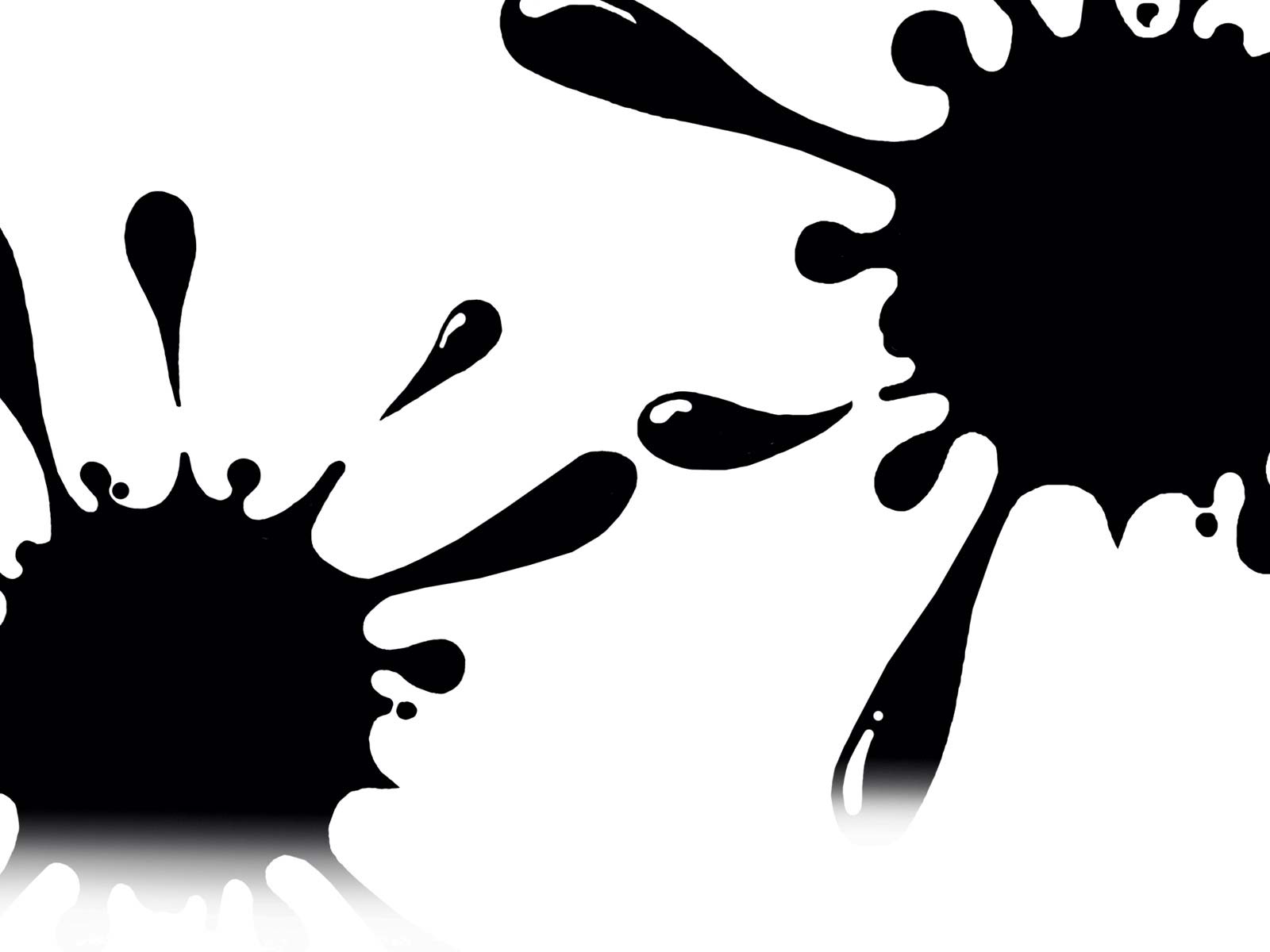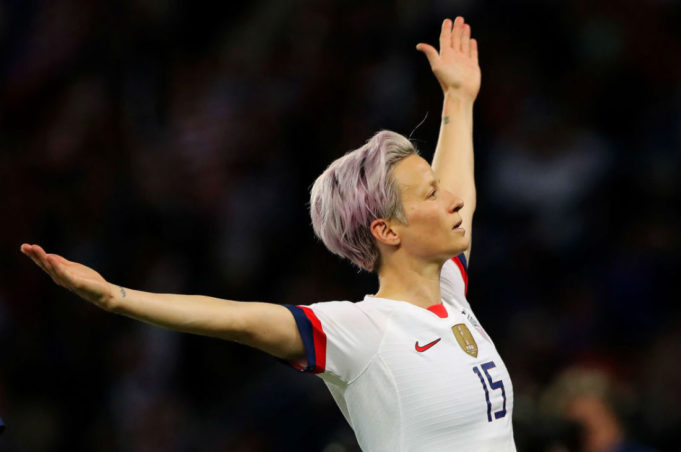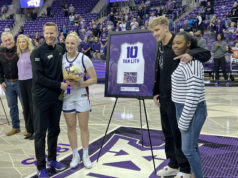USA has never failed to make the semis of the Women’s World Cup, and that streak continues after a 2-1 win over France courtesy of two more goals by Megan Rapinoe, Purple-Haired Lesbian Soccer Goddess. (Thanks, Deadspin.) The left-winger who bears number 15 got into it with the right-winger who bears number 45 during the run-up to the game, after our idiot president couldn’t resist tweeting about a January interview in which she said she wouldn’t go to the White House should USA win. Rapinoe’s sentiments should surprise no one who has followed American soccer for the last eight years, and she made the best possible riposte by giving the game its name, scoring off a free kick and a loose ball in front of net, gaining her team a berth in the semifinals, and posing for the instantly iconic photo above. Now she’s accepting an invite from Alexandria Ocasio-Cortez to visit the House. Boom! We should all pray that Trump calls her a traitor, promises to deport her when she returns home, and threatens to annul her marriage to WNBA star Sue Bird. Let’s do some questions:
How many other openly gay players are at the Women’s World Cup?
34. This is almost double the number that were there four years ago. Five of them play for USA: Backup goalkeepers Adrianna Franch and Ashlyn Harris have seen no action, but second-string fullbacks Tierna Davidson and Ali Krieger started and finished the win over Chile. (Krieger and Harris are engaged to be married.) Others include some of this tournament’s biggest stars, like Australia’s Sam Kerr (tied with Rapinoe and Alex Morgan for scoring lead, even though her team has already been eliminated) and Netherlands’ Vivianne Miedema, who is only 22 and already her country’s all-time leading scorer. USA’s opponent in the next round is England, which may start Beth Mead and likes to bring on Rachel Daly as a speed threat off the bench against tiring defenses. Rapinoe says that no team has ever won the Women’s World Cup without gay players. This may be a bit of an exaggeration — I’ve found no evidence that anybody on Japan’s championship team from 2011 was gay — but it seems to be true by and large, including of the 1999 USA team that won. You could have been here for this, Jaelene Hinkle.
How did USA keep the French at bay?
The French did a lot of it themselves. Les Bleues created a ton of scoring chances in the previous round by attacking Brazil’s left side with right-winger Kadidiatou Diani. They clearly identified left-back Crystal Dunn (an attacker shoehorned into a defensive role) as USA’s weak link and decided to go after her with the same strategy. There’s something to be said for the whole “we don’t adjust to our opponent, we make our opponent adjust to us” mentality, but it was abundantly clear through the first half that the game plan wasn’t working. Dunn held up under the onslaught, and on the occasions when Diani shook free of her, USA had other defenders covering for her. Coach Corinne Diacre never pressured USA’s central defenders the way Spain had, and as a result, the whole French offense was reduced to taking ineffectual and frequently blocked shots from outside the penalty box. The loss creates a world of hurt for the French women. Not only does it extend their losing streak to USA at the World Cup, it also knocks them out of next year’s Summer Olympics and snuffs out talk of Diacre possibly coaching a men’s team in Ligue 1, which would have been great for soccer everywhere.
What happened to VAR?
After starring in the tournament’s group stages, video-assisted review was nonexistent during the USA-France match. Ukrainian referee Maryna Striletska made bad calls that hurt both sides, and VAR either declined to reverse them or wasn’t consulted. Tobin Heath’s goal was ruled out for offside, but it should have stood. Then Kelley O’Hara should have been assessed a penalty after a French cross hit her arm.
I saw the game. That didn’t look like a penalty.
Under the old rules, it wouldn’t have been, because her arm was down at her side, and because her handling of the ball was clearly unintentional. However, new rule changes were installed just before the tournament that makes intentionality a non-factor in deciding whether a handball leads to a penalty. This makes it understandable that Striletska forgot about the new rule, though not for the officials in the booth. The new rules are stupid, and soccer will realize this once everybody figures out that the best offensive strategy is now to fire the ball up into someone’s arm and then take the resulting penalty.
Why was O’Hara down for a significant stretch in the game?
Because one French shot hit her flush in the left boob from close range.
Ouch!
That’s what can happen when you give up your body to block a shot. In the interests of gender equity, I’m embedding a video compilation of male players having shots and crosses hit them in the testicles (or worse, accidentally impaling themselves on the goal post). Um, enjoy?
Was the heat a factor?
France is suffering through a record-breaking heat wave right now, and the quarterfinal games were all played during daylight hours despite Italy and Netherlands’ efforts to reschedule their game for the cooler evening hours. That may be another reason why France’s offense seemed to lack its usual panache. The same went for Germany in their surprising loss to Sweden, as some of the players on both sides were cramping up or doubling over during play. Everybody assumed that Germany would be lurking in the other half of the bracket to await whoever emerged from USA-England-France, but the two-time champs are gone now.
Which of the fallen heavyweights will you miss more, France or Germany?
Actually, I’ll miss Italy the most. Reaching the quarterfinal is a huge achievement for a country that (as I mentioned before) went 20 years without making the tournament at all. Success tends to breed interest and more success in the women’s game. We’ve seen this happen for the fans in USA, France, and England. If Italy becomes a player in women’s soccer, that makes the sport that much more interesting. Italy spent 70 minutes holding out against a Dutch offense the way you’d expect an Italian men’s team to do, and a big part of that is Sara Gama, who is of partly Congolese descent. It means a great deal that a politically outspoken black woman with natural hair is not only at the heart of Italy’s defense but wearing the captain’s armband as well. She even had her own Barbie doll made for her in Italy. Now a generation of Italian girls will learn how to defend by watching her.
Before we get to USA’s game, let’s discuss the other semi.
Germany vs. Netherlands would have had more marquee value because of many memorable clashes between the countries’ men’s teams. (Those games have involved spitting and invoking the Holocaust.) However, Sweden defied my prediction by figuring out the weak point in Germany’s defense. They had their midfield and defense hit long balls toward Germany’s goal for the strikers to run onto. This is the simplest offensive tactic in soccer, and the mighty Germans had a very un-German trouble dealing with it, giving up not only both goals but several other chances as well to it. Vi står upp för Sverige, but it may very well take more to cope with the Dutch. At least I hope so; if they can beat the Dutch with just that strategy, we should probably torch women’s soccer entirely. If not, this could develop into a stalemate that gives the Swedes a chance. The Dutch have been living off set pieces, a tactic that can get you through a game but not a tournament, and Sweden have enough big players to shut them down on this front. If forwards Miedema, Lieke Martens, and Shanice van de Sanden can get into their groove, it would be a treat for everyone and the deciding factory.
Make the case for England beating USA on Tuesday.
The English have had a chance to see what happens when you pressure USA defenders Becky Sauerbrunn and Abby Dahlkemper, and what happens when you don’t. Throughout the tournament, USA’s fullbacks have tucked in narrowly to the central defenders, and England has wingers in Mead, Daly, Nikita Parris, and Toni Duggan to make them pay. Those players are supplemented by the best pair of attacking fullbacks in the entire tournament, Alex Greenwood and Lucy Bronze (who scored a magnificent thunderbastard in England’s win over Norway). All this width could stretch USA’s formation out of shape. Center forward Ellen White isn’t a transcendent striker, but she does tend to put away the chances that these others create for her. Big central midfielder Jill Scott makes runs into the box from deep and creates havoc. England might not be a better team than the French, but they might just match up better against USA.
Make the case for USA beating England.
While England’s front line has been outstanding, Fran Kirby hasn’t been her usual self. The Chelsea attacking midfielder was expected to supplement the forwards with some trickery on the ball between the opponents’ midfield and defense. Instead, she’s been mostly dead weight, or rather what British sports fans would call a “passenger.” There’s reason for Coach Phil Neville to stick with her and hope she rediscovers her form, but it’s a complete mystery why he persists with using striker Jodie Taylor, who is now in that zone where fans are thinking, “No! No!” every time she winds up to shoot. (I hereby dub this the Nicklas Bendtner Zone.) Attacking fullbacks can often be neutralized by attacking them, and USA wingers Rapinoe and Tobin Heath are more than equipped to do so. England’s knockout-stage wins over Cameroon and Norway were marred by careless passes among their defenders. Their opponents couldn’t turn those into goals, but USA’s front six will not spurn any chances created by mistakes.
Who will win?
If I knew that, I’d be placing a large wager in New Jersey right now.














If have never wished for an American team to lose a game, thats changed now, I can not support this team, and will not.
How’s it feel to have backed the losers?